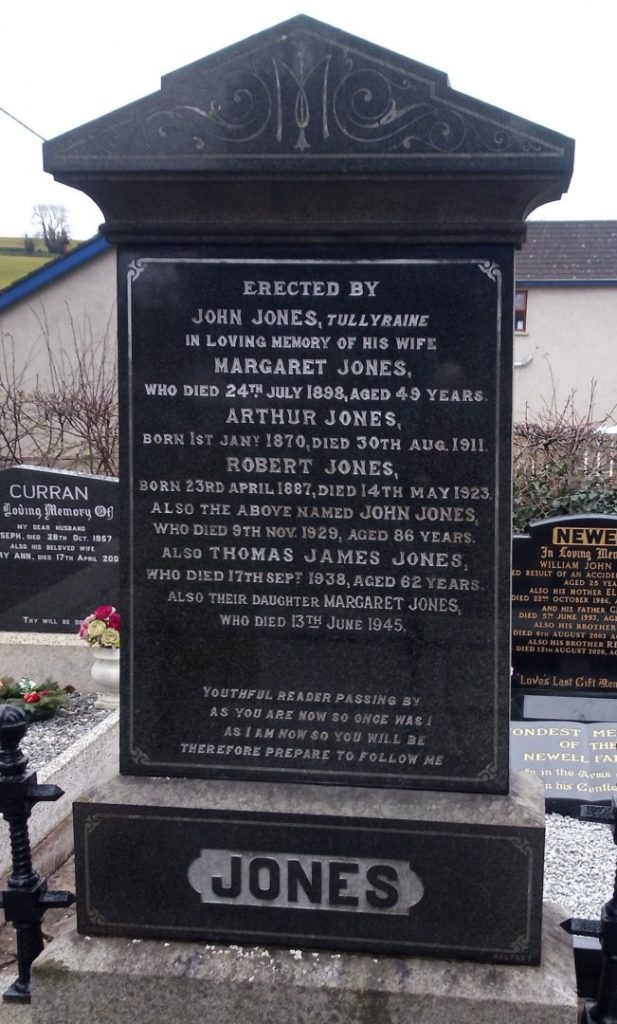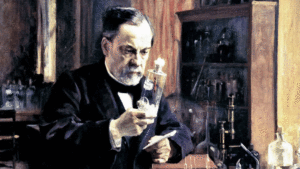Plato and Xenophon were two students of Socrates and two great philosophers in ancient Greece and from their writings which are still available to read today, we learn much of their teacher Socrates. One of the ways they employed to write on a particular subject was to have a fictional conversation around a table, each personality giving their point of view on the subject. Another philosopher five centuries later used the same technique, he was Plutarch. Plutarch was born in Chaeronea, a city of Boeotia in central Greece around 45– 47AD. He studied at Athens with a Platonist philosopher named Ammonius when the Emperor Nero was in Greece around 66/67 AD. According to the testimony in his writings, Plutarch stayed in Athens not only during his studies with Ammonius but considerably longer, so as to become an Athenian citizen. He also visited Rome and Alexandria. However, Plutarch spent most of his life in his native city and in nearby Delphi. Plutarch had strong ties with his family, which apparently was wealthy enough to support his studies and travels. Plutarch must have died after 119AD, the date at which he was appointed procurator of Achaea by the Roman Emperor Hadrian. Plutarch was a prolific writer. The so-called Lamprias catalogue, an ancient library catalogue, supposedly compiled by Plutarch’s son Lamprias, lists 227 works to the penship of his father, some were full works, others damaged and sadly several of them no longer exist. Plutarch’s works are divide into philosophical and historical biographical, of which the philosophical works, many of them dialogues copying the style of Plato and Xenophon , cover half of his literary output.
One of these dialogues or ‘table talks’ is called ‘The Dinner of the Seven Wise Men’. In this writing seven men are sitting at a banqueting table talking about what is life and the brevity of it. However, Plutarch has also placed a skeleton around the table to emphasize the shortness of life and urge the guests to remember that what the skeletonis now, they too will soon be. Life is short, death is coming to all. It is believed to be an allusion to the practice of the ancient Egyptians of bringing a skeleton to a banquette, reminding everyone there that they will not live forever. At that moment they can feast around the table they can be happy and be glad but no one knows what tomorrow will bring. This idea of frailty of life is not restricted to Egyptian and Greek philosophers as it is similarly found in the Bible, where wise people are urged to ponder tomorrow. In the Old Testament in Deuteronomy 32 verse 29 the writer Moses says “O that they were wise, that they understood this, that they would consider their latter end!” Moses is showing the people that it is a wise thing to consider the future
and what is after death. All people must die but what is next. On many headstones on graves throughout Europe and American you can read a very similar sentiment in the inscription,
‘Youthful reader passing by,
as you are now so once was I.
As I am now so you will be,
therefore prepare to follow me’.
The idea of the brevity of life is found in them all with the warning implied to make your preparation for death and what comes after it. All preparations need to be make before you die as after death it will be to late. A skeleton or a poem on a headstone speaks loud and clear that death is coming and you need to be prepared to meet the true and living God.
P. Pilgrim, Pilgrimway101@yahoo.com




